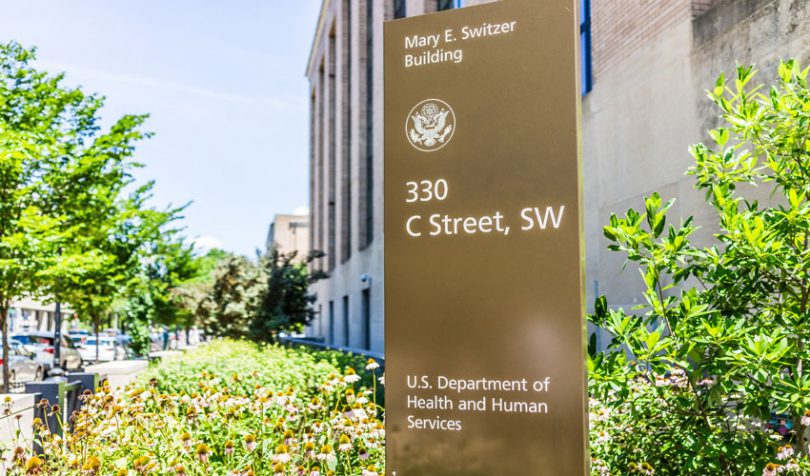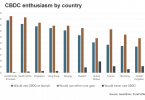Earlier this week Guardtime announced it is partnering with U.S. government IT consultancy DMI on an AI project for the U.S. health department. Guardtime’s role is to provide its enterprise blockchain capability.
The company says this is just one part of an ongoing strategic alliance between the two companies. The U.S. Department of Health and Human Services (HHS) put the $49 million AI project out to tender. DMI was one of the awardees, but there were 56 others, including a who’s who of consultants.
The HHS’s Program Support Center (PSC) provides services to both the health and other government departments. This project is to enable Intelligent Automation/Artificial Intelligence (IAAI) across the U.S. federal government.
In the tender document, the HHS outlined its vision: “PSC believes that IAAI solutions will be doing everything from reducing backlog and cutting costs to performing functions; such as predicting fraudulent transactions and identifying critical suspects via facial recognition, which are considered difficult for an individual to complete on their own. Indeed, we expect that IAAI technologies will fundamentally transform how the public sector gets work done – redesigning jobs and creating entirely new professions.”
The projects will include robotics process automation (RPA), machine learning, supervised learning and machine vision.
“Guardtime’s HSX health platform has been deployed in production within the Estonian healthcare sector for the last several years, resulting in massive cost efficiencies,” said Guardtime’s CEO Mike Gault. “We plan to leverage DMI’s impressive track record of success in supporting U.S. federal agencies to develop additional applications on top of the HSX health platform.”
Just last week EY announced that it had contracted Guardtime to assist with an AI/blockchain project for results-based health payments.
While Guardtime is a subcontractor in that EY project, it also has a joint venture with EY for blockchain-based marine insurance, the Insurwave project. The initial version of the solution provided vessel insurance for 1,000 Maersk ships.
The company’s website says it currently has 55 vacancies in Estonia and the U.K., including for both health and insurance projects.






